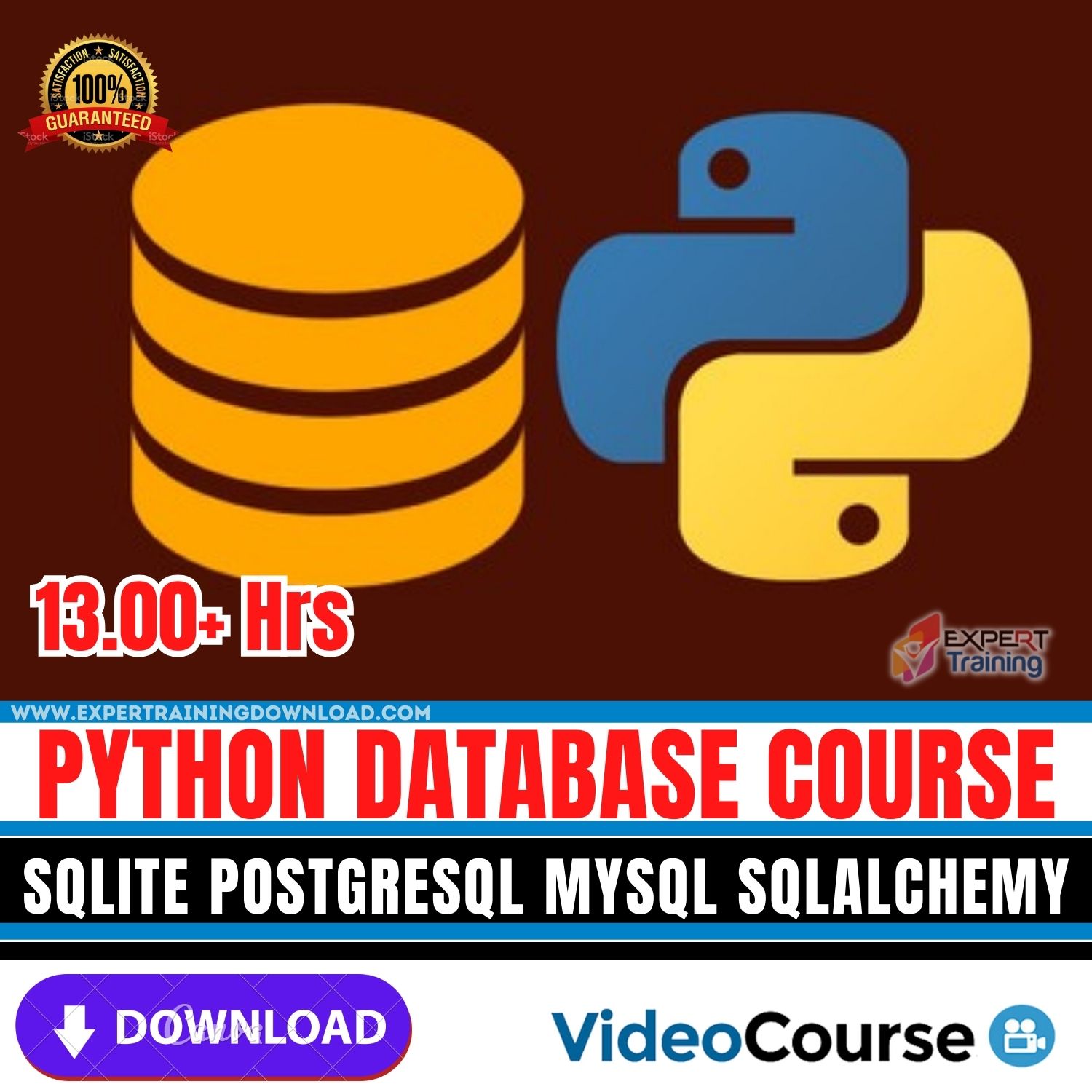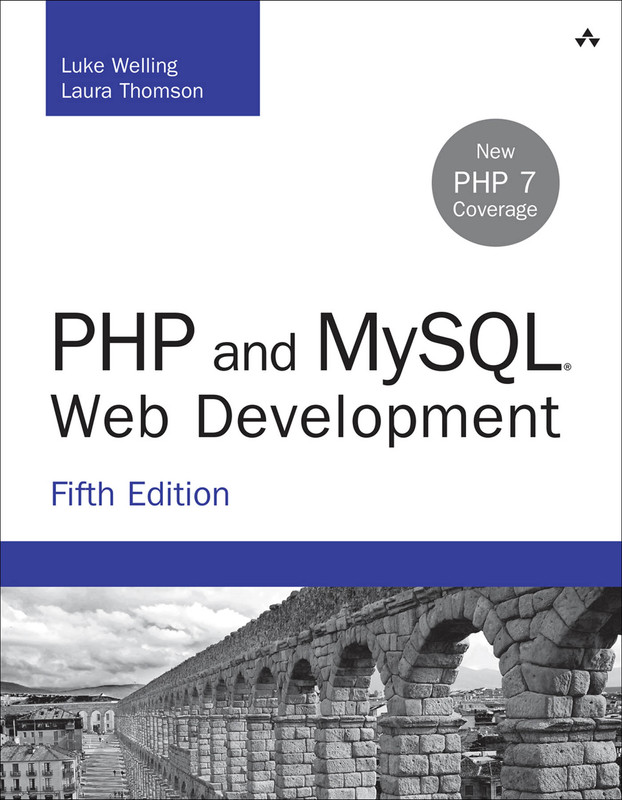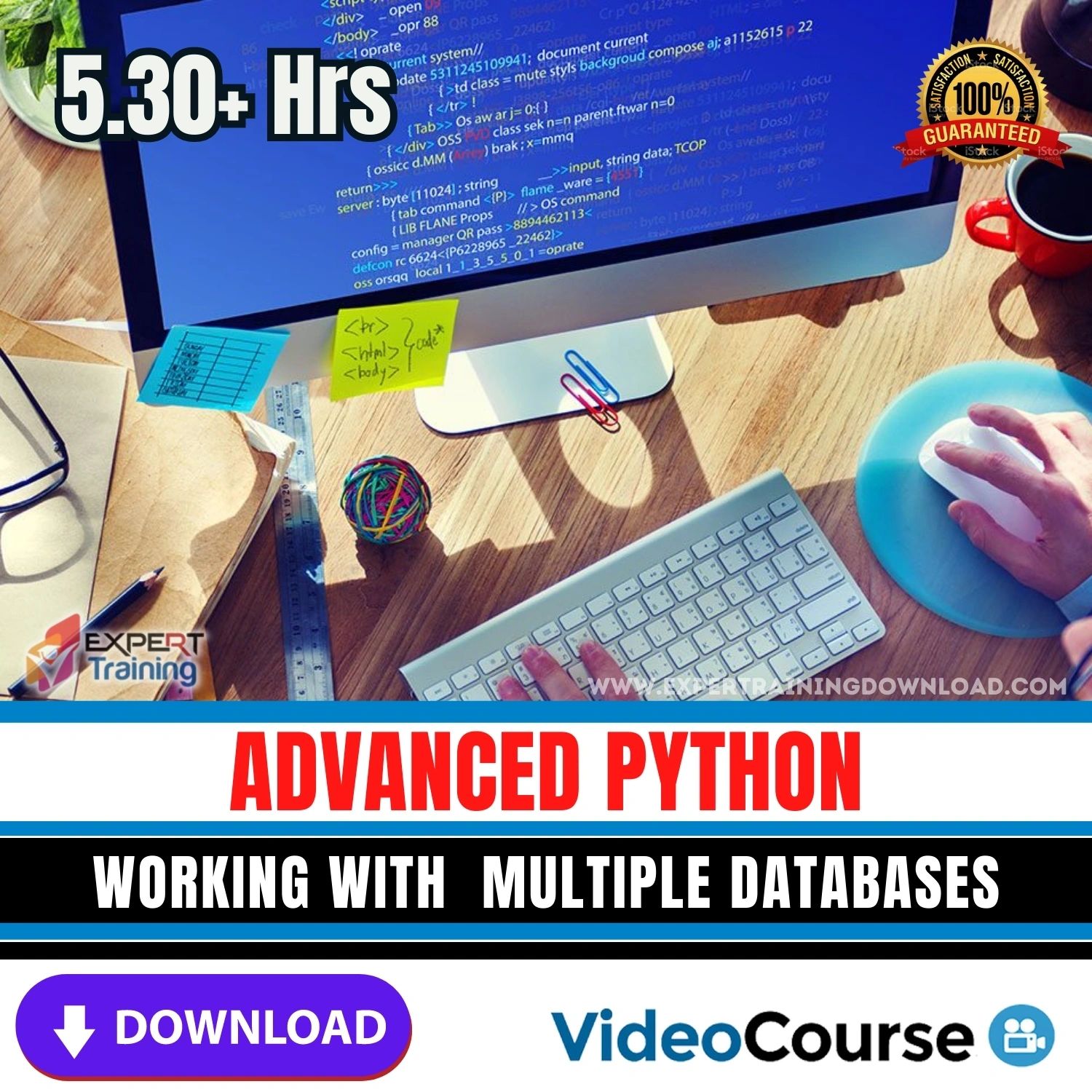Python Database Course: SQLite, PostgreSQL, MySQL, SQLAlchemy
Python Database Course – Master database integration with Python across SQLite, PostgreSQL, MySQL, and SQLAlchemy.
What You Will Learn
- Understand and apply fundamental Python database concepts.
- Implement and manage SQLite databases using Python.
- Develop proficiency with PostgreSQL and MySQL databases using Python.
- Master SQLAlchemy ORM for database operations and Python integration.
- Adapt to real-world scenarios with hands-on projects.
Course Highlights
- SQLite Mastery: Begin with SQLite for lightweight database management. Learn to implement, query, and manage SQLite databases with Python.
- PostgreSQL Proficiency: Master PostgreSQL for enterprise-level database solutions. Learn setup, security, and advanced features like indexing and stored procedures.
- MySQL Integration: Gain expertise in MySQL, one of the most popular databases, and learn to handle large-scale data operations with Python.
- SQLAlchemy Core: Unlock the power of SQLAlchemy ORM to simplify data manipulation and querying through Pythonic constructs.
Course Overview
Welcome to the Python Database Course, designed to provide you with in-depth training on SQLite, PostgreSQL, MySQL, and SQLAlchemy. Whether you’re a beginner or an experienced developer, this course will take you through the essentials of database management using Python, giving you hands-on experience and real-world applications.
What You’ll Learn
- Fundamentals of database theory and SQL.
- Practical implementation of CRUD operations (Create, Read, Update, Delete).
- Advanced database concepts like transactions, indexing, and normalization.
- Best practices for database design, security, and performance optimization.
- Real-world database applications through hands-on projects and case studies.
Why Choose This Course?
- Hands-On Approach: Engage in practical exercises and projects to solidify your learning.
- Industry-Relevant Skills: Develop skills that are highly valued in today’s job market.
- Expert Instruction: Learn from experienced instructors with years of industry experience.
- Community and Support: Join a community of learners and get dedicated support throughout the course.
- Flexibility: Self-paced learning to suit your schedule and commitments.
Who Is This Course For?
- Aspiring data scientists and database professionals.
- Software developers and engineers looking to enhance their database skills.
- Python developers wanting to integrate databases into their applications.
- Anyone keen to master database management with Python.
Course Requirements
- Basic knowledge of Python is required to take this course.
Explore Related Courses
- Python Programming for Beginners
- SQL for Data Professionals
- Database Management Essentials
- Mastering SQLAlchemy ORM
- PostgreSQL for Beginners
Who this course is for:
- Anybody interested in learning databases using Python!
- Self-taught programmers who have a basic knowledge in Python and want to be professional in Python Databases!
- Students currently studying computer science and want supplementary material for databases in Python!
- Professional programmers who want to sharpen their Python database skills.
additional resources:
- SQLite Official Documentation – Explore the official documentation for SQLite, a lightweight and widely used database system.
- PostgreSQL Official Website – Learn more about PostgreSQL, a powerful open-source relational database system.
- MySQL Official Documentation – Access the official documentation for MySQL, one of the most popular relational database management systems.
- SQLAlchemy Official Documentation – Explore SQLAlchemy, the ORM tool for Python developers working with databases.
- W3Schools SQL Tutorial – A beginner-friendly SQL tutorial to help enhance your database querying skills.






